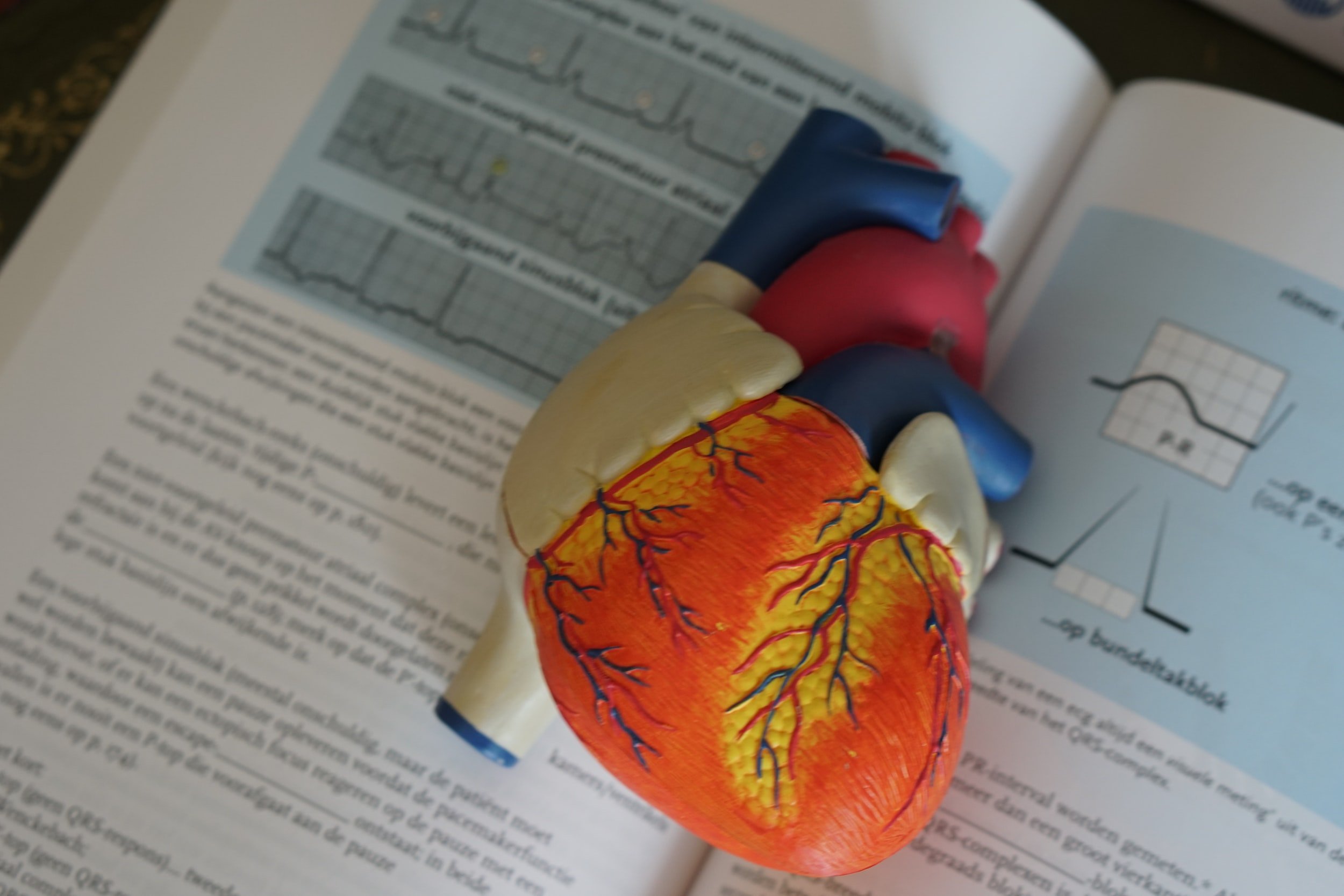Do You Have Cardiovascular Disease? 1 in 2 Americans Do!
According to the American Heart Association 46-48% of Americans have some form of cardiovascular disease. Cardiovascular diseases are a class of diseases that deal with the heart or the blood vessels. This includes hypertension, increased risk of stroke, coronary artery diseases, and increased risk of heart attacks. [1] So how do you know if you have a cardiovascular disease and what can you do about it?
Source: https://www.heart.org/en/news/2019/01/31/cardiovascular-diseases-affect-nearly-half-of-american-adults-statistics-show
Signs of Cardiovascular Disease in Men
Whether you are in your mid life or are a senior, the risks of cardiovascular disease can increase, and the consequences can be devastating. There are plenty of signs that you should be looking out for, and if you experience any of these signs and symptoms you should consult with your doctor immediately.
Signs of cardiovascular disease [2]:
Fatigue is one of the most common symptoms and a good indicator of health. If you feel you don’t have the energy or the motivation, you may need to talk to a doctor.
Chest pain or discomfort
High blood pressure
Dizziness or light-headedness
Swelling of extremities
Fatigue
Shortness of breath
Pain in neck, back, arms, or shoulders
Headaches
Signs of Cardiovascular Disease in Women
Due to differences in physiology, symptoms of cardiovascular diseases can show up differently in women as compared to men. For instance men when showing signs of a heart attack may experience pain in the arms and back, while most women may experience pain in their neck and jaw. So it is important to be aware of the differences. If you are experiencing any of the symptoms listed below, please consult your physician.
Here are some of the symptoms you may be experiencing [3]:
Neck, jaw, shoulder, upper back or abdominal discomfort
Shortness of breath
Pain in one or both arms
Nausea or vomiting
Sweating
Light-headedness or dizziness
Unusual fatigue
Severe headache
Blood in Urine
A lot of times, for women, the symptoms of these kinds of disease may be more subtle than it is for men. Unfortunately this is why women may be more often dismissed by doctors. Know your signs, know your health, and get more than one opinion.
What Can You Do About It?
Luckily cardiovascular disease is a condition often caused by lifestyle. This means that we can make changes in our life that can combat this disease. Most doctors will recommend methods to lower blood pressure such as
fitness and diet changes, and possibly relaxation techniques. Physical activity can improve cardiovascular health drastically. Unfortunately a lot of the cardiovascular problems we experience are due to poor diet and lack of exercise.
If you haven’t exercised in a while, start small. Even a 20 minute walk is a great place to start. Once this becomes easy, you can increase the duration or intensity of exercise. It is important that you build your way up. Hiring a trainer may be the best way to make sure that you are doing exercises in a productive way and without injury.
Improvements in diet also go a long way in lowering blood pressure, lowering high cholesterol, and decreasing the risk of stroke and heart attacks. A well balanced diet of lean proteins, vegetables, and fruit can aid in weight loss and vastly improve overall health.





